15 Aug How To Copyright Music, Why It Matters
Music copyright is an incredibly important concept for musicians to have a firm handle on, however it can also be confusing. Here we detail why copyright is so important, and exactly how to go about copyrighting your own music.
_________________________
Guest post from Landr
Music Copyright is one of the most important concepts for musicians. It’s how you get paid for your music and how you protect the music you’ve worked so hard on.
But it’s also really confusing…
Without the help of a music lawyer, the ins-and-outs of copyright are tough to figure out on your own.
Which is why we spoke to music attorney Mark Quail to help clear up some of the confusion around music copyrights, and help you get a handle on your intellectual property.
Quail has been practicing music law since 1990. He currently advises leading electronic musicians Richie Hawtin, Dubfire, Art Department, John Acquaviva, Matador, Pleasurekraft, Mathew Jonson and Shaun Frank. Quail also sits on the executive and advisory board for the Association for Electronic Music and hosts the successful The Music Law Podcast.
In other words, he knows music law inside and out. Quail took time to answer the most important questions about music copyright and how they impact getting paid for your music.
What is music copyright?
Music Copyright is the set of rights granted by your country’s government for the intellectual property (music) you create. Each country has different variations on the rights granted. But they all exist to help you control what you’re able to do with your song or recording, who can and can’t exploit your work for profit, and how you get paid for your music.
Music Copyright is the set of rights granted by your country’s government for the intellectual property (music) you create.
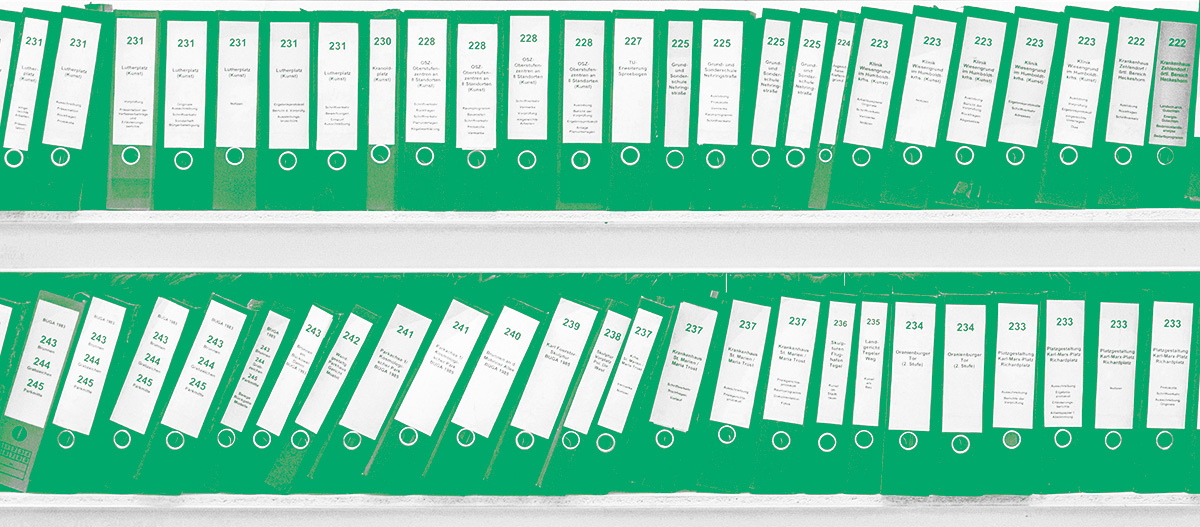
What are the types of musical copyright?
There are two separate forms of music copyright:
- The copyright covering the song (sometimes called the composition)
- The copyright covering the recording of that song (sometimes called the master)
These two copyrights can be owned by two separate parties.
For example: Bob Dylan wrote the song “All Along The Watchtower”, recorded it and released it via his record label.
When people bought that record, Dylan earned royalties from the exploitation of his copyright covering the composition and the recording.
Jimi Hendrix also made a recording of the song “All Along The Watchtower”. When people bought Hendrix’s version, he received royalties for the exploitation of his copyright covering the recording, while Bob Dylan got paid for the exploitation of his copyright in the song.
By recording and releasing his own version of “All Along the Watchtower,” Hendrix was exploiting Dylan’s composition copyright. Dylan’s composition copyright ensured that he was still getting paid for his original work.
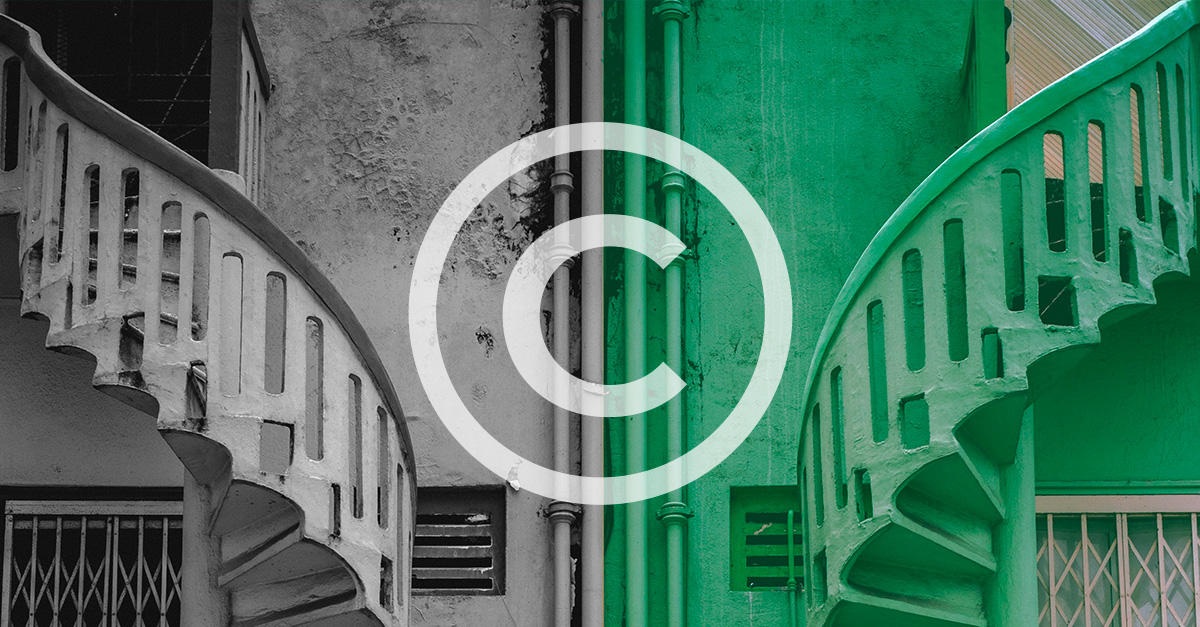
How do I copyright music?
In the US and Canada copyright applies immediately when you complete a song and “fix” it in some form like writing it out in sheet music or recording it on a physical medium like a hard drive or tape.
Applying a copyright notice to your work isn’t mandatory (more on this below). But officially applying for a copyright registration can help if someone is looking for who to contact if they want to ask for permission to exploit your work.
A copyright notice in the following format would be satisfactory for a song:
- © Songwriter name(s) and the year.
A copyright notice in the following format would be satisfactory for a recording:
- ℗ Name of recorded master owner and the year.
In the US and Canada copyright applies immediately when you complete a song and “fix” it in some form.
If you want to get the maximum protection made possible by the applicable laws, (for example: court awarded money damages in an infringement lawsuit) you need to register your work with the applicable governmental office in your country.
For more information visit the US or Canadian copyright registration resources.
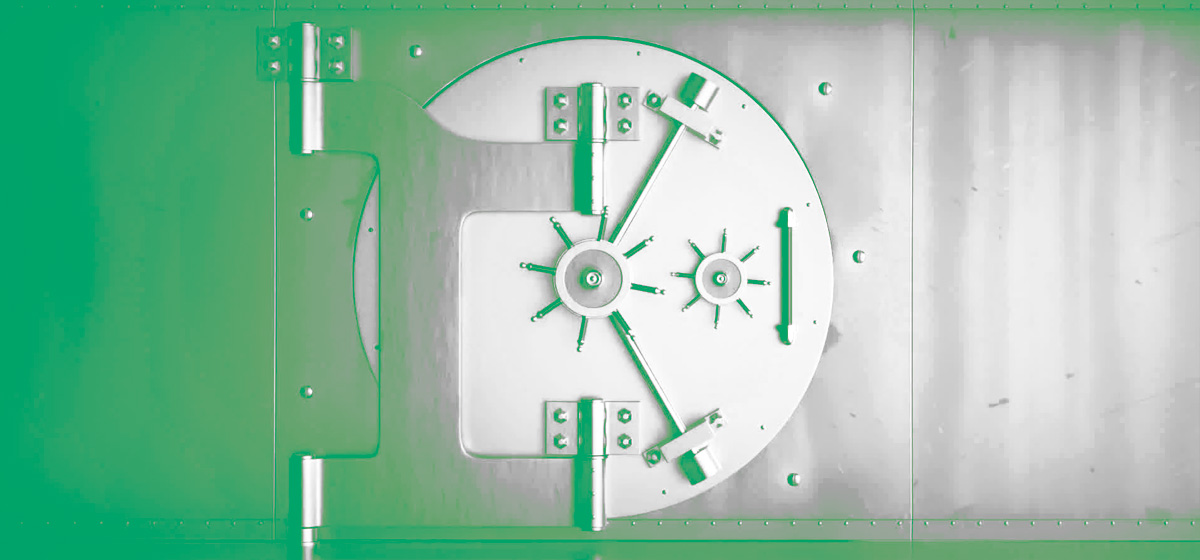
What rights does my music copyright cover?
What your copyright covers depends on what your country’s copyright statutes and laws provide.
Most copyright laws typically give you control over what you can do with your work, and what you can stop others from doing if they try to exploit your work without your consent.
The most common rights covered are:
- The right to make copies/reproductions
- The right to sell your work
- The right to adapt your work
- The right to license your work
- The right to perform, broadcast or transmit your work
For more information about intellectual property visit the US or Canadian copyright sites.
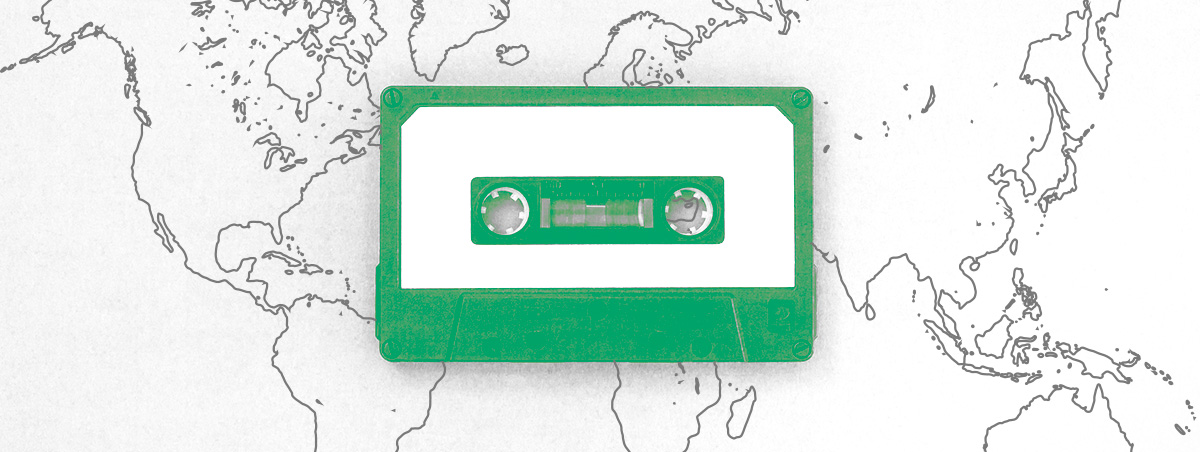
Do I have to register my music copyright?
Not necessarily.
In Canada and the US copyright arises on completion of the work as long as you have it fixed in some medium—not just an idea in your head.
In Canada and the US copyright arises on completion of the work as long as you have it fixed in some medium—not just an idea in your head.
But if you want to get the maximum protection for your copyright, and provide a way for people to contact you about using your work, you need to register your music with your country’s copyright office.
How does music copyright impact how I get paid for my music?
A music copyright provides you with rights for your intellectual property that are similar to other property rights.
Just like the type of property that you can hold in your hand, the concept of copyright permits you to sell your music, give others permission to use your music or restrict others from exploiting your intellectual property without your permission.
Getting paid for your copyrights can take on many forms.
Getting paid for your copyrights can take on many forms.
The most common ways to earn money from the use of your copyrights is in the form of streaming royalties, downloaded files, appearances of the record as part of a movie or in a video game and performances on radio or at a live concert.
Remember, the song that’s on those recordings also earns money from those sources.
How do I make sure I’m getting all my royalties?
How the money flows to you takes on many forms as well. There are many administrators worldwide who facilitate payment from these varying uses to you, the copyright holder.
They include:
- Performing rights organizations like BMI, ASCAP, SOCAN, GEMA, SACEM and PRS depending on your country
- Music distribution companies
- Record companies
- Neighbouring rights societies like SoundExchange, CONNECT Music and PPL.
These entities collect money from all parties who use music like radio stations, online music streaming services, digital download retailers, movie theatres, restaurants and disperse that money to the copyright owners.
Learn more about Mark Quail’s practice here and listen to The Music Law Podcast for more info on music copyright law. Follow Mark on Twitter and Instagram. Learn about distributing your music online and how releasing with LANDR works for your copyrighted music.
Powered by WPeMatico
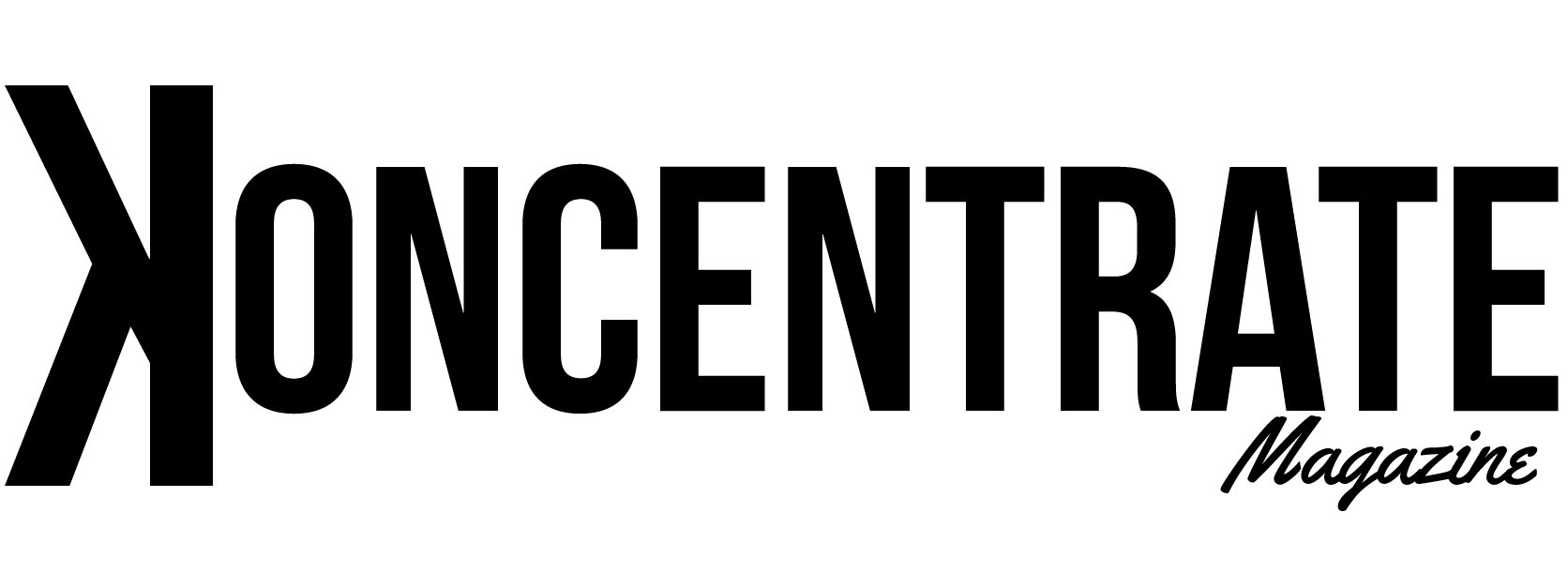

Sorry, the comment form is closed at this time.